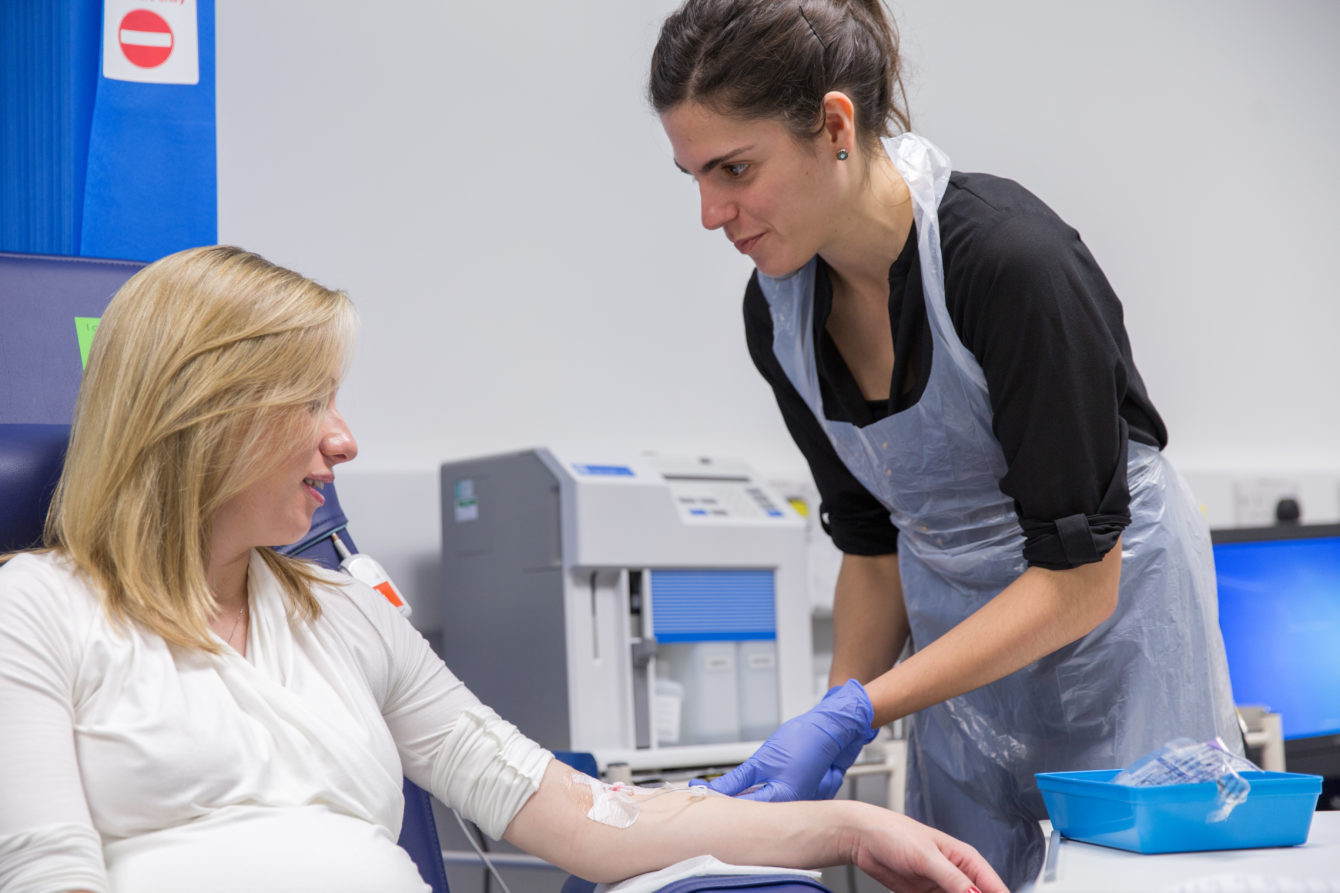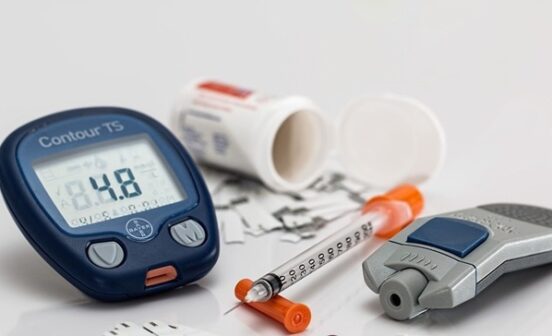DeviceDiagnosticPrevention New sensor technology can diagnose reproductive health problems in real-time

Researchers supported by the NIHR Imperial BRC have developed new robotic sensor technology that has the capability to diagnose women’s reproductive health problems in real-time.
The technology, developed by researchers at Imperial College London and the University of Hong Kong, can be used to measure hormones that affect fertility, sexual development and menstruation more quickly and cheaply than current methods.
A third of women in England suffer from severe reproductive health problems such as infertility and early menopause. Doctors usually diagnose these conditions by carrying out a blood test to measure the amount of luteinizing hormone (LH) in the sample. Current blood tests cannot easily measure the rise and fall of LH levels which is vital for normal fertility – so-called LH pulse patterns that are linked to reproductive disorders. It is not currently feasible to measure LH pulse patterns in a clinical setting as doctors need to take a blood sample from patients every 10 minutes for at least eight hours.
The researchers behind the trial have used a novel biosensor linked to a robotic system, which they call Robotic APTamer-enabled Electrochemical Reader (RAPTER). It has the potential to transform the clinical care of patients with reproductive disorders by monitoring the hormone patterns of patients in real-time. In the study, the prototype RAPTER device was used to measure LH in the blood of patients taken every ten minutes to yield an immediate result.
Professor Waljit Dhillo (NIHR Research Professor; Principal Investigator in the NIHR Imperial BRC Metabolic Medicine & Endocrinology Theme) said: “Reproductive health issues are common amongst women in the UK and around the world. Diagnosis of some of these conditions can be lengthy resulting in delays to treatment. Reproductive health issues can also impact on women’s mental and physical well-being. There is a clear need for new and better ways to diagnose these conditions more quickly. Our technology will be able to give clinicians a faster and more accurate diagnosis of hormone pulsatility that affects reproductive health, which could lead to better and more targeted treatments for women.”
The team believe that it could pave the way for more personalised medicine. They hope that the technology can be developed to give clinicians a clearer picture of LH pulsatility and suggest more effective treatments based on an individual’s needs.
Click here to read the full story by Maxine Myers, Imperial College Academic Health Science Centre.





